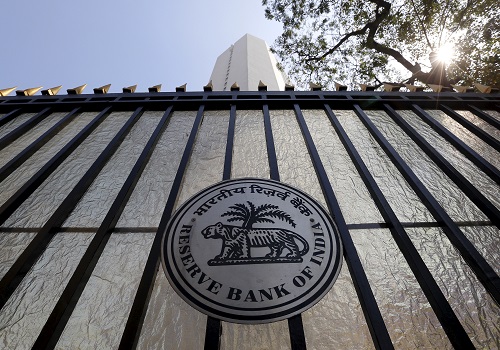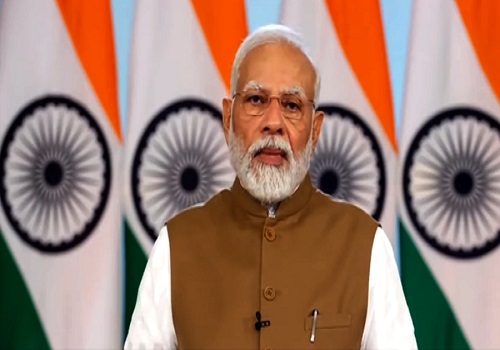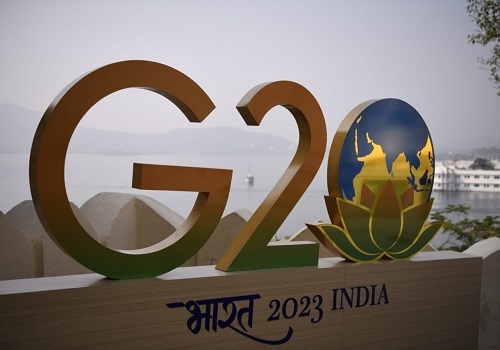India halts futures trade in key farm commodities to fight inflation

Follow us Now on Telegram ! Get daily 10 - 12 important updates on Business, Finance and Investment. Join our Telegram Channel
MUMBAI - India's market regulator ordered a year-long suspension of futures trading in key farm commodities on Monday, as the world's biggest importer of vegetable oils, and a major producer of wheat and rice, struggles to tame food inflation.
India's most dramatic move since allowing futures trade in 2003 threatens market confidence by making hedging difficult at a time of record highs in producer prices, weeks after farmers ended protests that led to the scrapping of contentious reforms.
"It's like shooting the messenger, but we have sympathy with the government, because they were worried over edible oil inflation," Atul Chaturvedi, president of edible oil trade body the Solvent Extractors Association of India, told Reuters.
In its order, the market regulator told commodity exchanges not to launch futures contracts of soybean, soyoil, crude palm oil, wheat, paddy rice, chickpea, green gram, rapeseed and mustard for a year.
(GRaphic on, India food price inflation vs key agriculture commodity prices:https://fingfx.thomsonreuters.com/gfx/ce/gdpzymlwavw/IndiaCPIVsAgriPrices.png )
For existing contracts, no new positions would be allowed in these commodities, the regulator, the Securities and Exchange Board of India (SEBI), added.
Traders said the government, facing intense pressure to rein in food prices ahead of key state elections early next year, wanted to curb speculation that might have fuelled the rises.
"Sense or nonsense, doesn't matter," said a vegetable oil trader who sought anonymity. "The government desperately wanted to do something."
Indian prices of edible oil prices hit records this year, prompting New Delhi to cut taxes on imports of palm, soy and sunflower oil in October. But the step had only limited impact, as global prices remain high and volatile.
(Graphic on, India’s market regulator suspended trading in key agricultural futures to tame rising inflation : https://fingfx.thomsonreuters.com/gfx/ce/lgvdwozlwpo/IndiaAgriFutures.png)
Monday's measure makes it tough for importers and traders of edible oils to do business as they extensively use domestic exchanges to hedge their risk, said Sandeep Bajoria, chief executive of edible oil broker and consultancy Sunvin Group.
"The flow of imports would slow down in the short term as traders don't have a hedging platform," added Bajoria.
Small buyers and traders stand to be hardest hit by the move, as it will expose them to both volatile global prices and the depreciating rupee currency, said a dealer with a global trading firm.
"The impact on big trading houses will be limited," the dealer added. "They hedge through their overseas subsidiaries on Bursa Malaysia and Chicago Board of Trade. Small traders can't. They need multiple permissions."
Also badly hit will be the local National Commodity And Derivatives Exchange (NCDEX), which derives most of its volume from trading in farm commodities, said a senior industry official who declined to be identified.
Soybean, soyoil, rapeseed and chickpea were the most active contracts on the NCDEX, and the suspension deprives the exchange of any commodity to generate substantial volume, the official said.
"Multi Commodity Exchange won’t be affected much as it generates most of the volume from metals and energy," the official added.
The combined average daily turnover of soyoil, soybeans, rapeseed and chickpeas on NCDEX was 12.7 billion rupees ($167 million) so far in 2021, exchange data showed.
While soybean prices did weaken after the suspension, dropping 3.5% in spot market, trading sources say the freeze on futures was not expected to fully resolve India's food inflation issues.
"India is import-dependent on edible oils, and domestic prices are dictated by global benchmarks. Suspending local futures won't solve the problem," said a Mumbai-based dealer with a global trading firm.












 320-x-100_uti_gold.jpg" alt="Advertisement">
320-x-100_uti_gold.jpg" alt="Advertisement">












